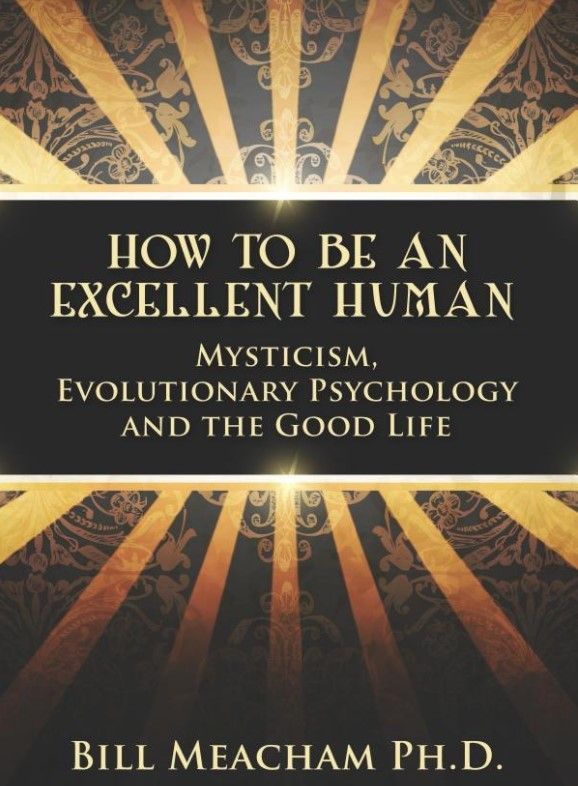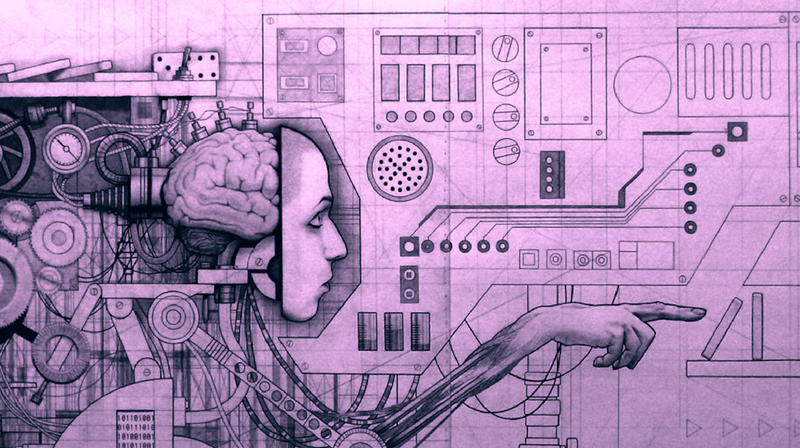Mental Causation
The mind-body problem just refuses to go away so long as we are stuck in an inadequate metaphysics that postulates such a separation as one of its premises. One of its conundrums is mental causation: how to explain how a mental event can cause a physical event. Here is a common example: I decide to raise my arm and, voilà, my arm raises. The decision to raise my arm is a mental event, and the actual raising of the arm is a physical event. What is the connection between the two? How does the former cause the latter? The explanation is elusive.
That is partly because the kind of explanation we are looking for is inappropriate. Typically we want to know what specific physical events – which neurons, which parts of the brain – are the causal entities behind the decision to raise the arm. If we knew that, we think, we would have a physical chain of events leading from start to finish, and thus would have an adequate explanation. But we wouldn’t, and not just because the decision is something other than brain events. Maybe it is and maybe it isn’t; but even if it is, we still would not have an adequate explanation because we would want to know what caused the decision. And what caused the cause of the decision, and what caused the cause of the cause of the decision, and so forth. And that is a fruitless task when applied to human beings, because what makes human beings do things is not in the same category of explanation as what makes physical stuff do things.
Consider what explanation is all about. It has two aims, two objectives. The first is to predict and control. We want to predict what the object of our interest is going to do, how it is going to behave, so that we can either make it do what we want or, if we can’t do that, at least be prepared to respond to it. That’s what science and technology are all about. The physical sciences tell us how things behave, and technology gives us tools for dealing with them. What this kind of explanation gives us is laws, regularities, insights into the mechanisms of nature. With that knowledge we can pull the levers, so to speak, and make things happen.
The second aim of explanation is to tell a plausible story about how the object of our interest got here, how it came to be what it is. There is something satisfying about putting a phenomenon in the context of its developmental history. We feel that we know it. Story-telling is common to human beings; we all love a good story precisely because it puts things in context and enables us to understand them and deal with them. Typically the stories involve people or animals and plants that act like people — in short, agents. We don’t have to actually undergo all the adventures, trials and tribulations that befall the characters in the story. Instead we learn how those characters handled their situations and thereby learn how we could handle ourselves in similar situations. That is a lot faster than starting from scratch and learning from our own mistakes every time. Stories are at the root of human culture, which advances far more rapidly than biological evolution.
And it’s even better when the story helps us predict and control. Stories about people do that in the cultural and interpersonal realm. We learn what motivates them and how to get along with them and influence them. Stories about physical history do it in the physical realm. The story of how the land we live in came to be formed gives us insight into its geology and its biology. With that knowledge we know what kinds of things grow there and what is likely to lie underground, and we find ways to provide for our physical sustenance. The story of evolution tells us how living things, including ourselves, came to be; and that gives us clues about, among other things, how our minds work and how we can improve the way we think about ourselves and thus handle ourselves in all sorts of situations.
Back to mental causation. Which kind of explanation gives us a better handle on what makes someone raise their arm? Not the physics or chemistry; it’s the story that is important. Even if we knew all the physical events involved in raising the arm, all the neural firings and muscle activations, something would be left out if we just left it at that.
Consider that in fact you hardly ever decide merely to raise your arm. You raise your arm to reach the jar on the top shelf. You raise your arm to wave goodbye to someone, or to wave hello. You raise your arm to illustrate a philosophical point about mental causation. But you don’t just decide to raise your arm in the absence of some context. And the context that makes sense of it all is the context of human motive. What we look for in an explanation of arm-raising is not the cause, but the reason.
Humans do things because they have reasons for doing them. By “reason” I mean a prediction, a goal and an action plan. The prediction is often implicit. You predict that the shelf won’t fall down, that the jar will contain what you think it does, and so forth. The goal is to get the jar down so you can use its contents, and the action plan is to reach for it. None of that requires you to think of the chemical composition of the jar or of the patterns of neural firings going on in your brain. Nor do those things explain your action. It is the story that counts.
So in sense the whole question is bogus. Mental events do not in fact cause physical events. Instead, mental events are the reasons for physical events. Causality as a category of explanation is inadequate and inappropriate.
Now certainly there is a connection. When a researcher stimulates certain areas of your brain you see colors or feel sensations, perhaps even raise your arm. And you can influence your own pulse rate and blood pressure by doing certain kinds of meditation. The mental is not separate from the physical. What causes us to be puzzled about it is our mistaken metaphysics.
I’ve written about this before. The mistake is to think that the fundamental categories of all that exists are disjoint, that mind is somehow separate from body. If we start there we have no end of puzzles, one of which is the problem of mental causation. A better view is Panpsychism, the view that everything, from the smallest quantum event to the most complex living being, has an aspect of mentality as well as physicality. If we start with Panpsychism we see that what makes the us do something is our motives, reasons, goals, desires, perceptions and beliefs. Then, since we are both mental and physical, the physical parts — the nerves, the brain cells, the motor muscles — activate so as to carry out our intentions. Can mental events cause physical events? No. But events that are both mental and physical can certainly cause events that are both physical and mental.

How To Be An Excellent Human
Mysticism, Evolutionary Psychology and the Good Life by Bill Beacham, Ph.D.

